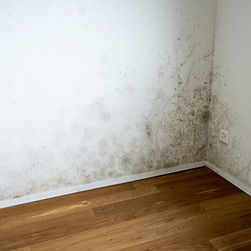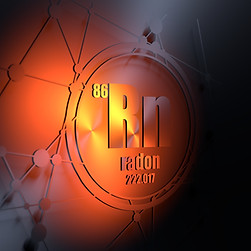TEXT or CALL 617.992.0739


We inspected our home
to protect
our future.
Our Home Services
Clark Hill Inspections has been a trusted provider of home inspections for over 20 years. Our inspections are thorough and reliable, ensuring that there are no hidden surprises for our clients. We believe in inspecting to protect your investment for years to come.
A thorough home inspection includes the evaluation of the major systems of the home including the exterior envelope, electrical, plumbing, HVAC and the structure.



WDO/Termite Inspections
A Wood Destroying Insect (WDO) inspection evaluates your home's structural components to identify termites, carpenter ants, powderpost beetles, wood decay, and conditions that support infestation. Clark Hill Inspections examines foundations, sill plates, joists, crawlspaces, basements, attics, and all accessible wood areas to detect active pests, prior damage, and moisture issues that can cause long-term structural deterioration.

Indoor Air Quality (IAQ) / Mold Testing
Indoor Air Quality (IAQ) testing analyzes airborne mold spores and contaminants that affect health and comfort inside the home. Clark Hill collects indoor and outdoor comparison samples and partners with Priority Labs for accredited lab analysis, identifying mold species, concentrations, and environmental risks.

Eagle Eye Drone Roof Inspection
The Eagle Eye Drone Roof Inspection uses advanced drone technology to capture high-resolution images of the entire roofing system. This allows Clark Hill to inspect steep, multi-story, or fragile roofs safely and thoroughly — areas often inaccessible through traditional methods.

Phased Construction Inspections
We provide Phased Construction Inspections. Although builders today are mandated to meet code requirements for construction, building codes set minimums standards as requirements for the construction of safe and healthy homes. Having a 3rd party inspect different phases of construction can help ensure better building practices are being utilized during your construction project. "O.K." and "good enough" are not acceptable when it is your future home. We can work with the General Contractor and our client to ensure productive communication and a high standard of quality.

HOA Condominium PCA’s and Reserve Studies
The primary purpose of a Reserve Study is to offer recommendations as to the amount of money a community, building or other organization should set aside on a yearly basis for the future replacement or major refurbishment of their commonly owned elements.
A properly funded capital reserve program is the right formula for keeping a community's physical assets in prime condition while providing some key benefits to residents. We strongly recommend updating your Capital Reserve Study Every 3 years.
Determining the immediacy of some repairs is important to a HOA. Budgeting for these repairs is also another concern. Understanding the existing condition of the assets and projecting repairs and or replacement can help communities set forth a plan that can hopefully avoid the unexpected and unpleasant "Special Assessment" to address immediate needs.











